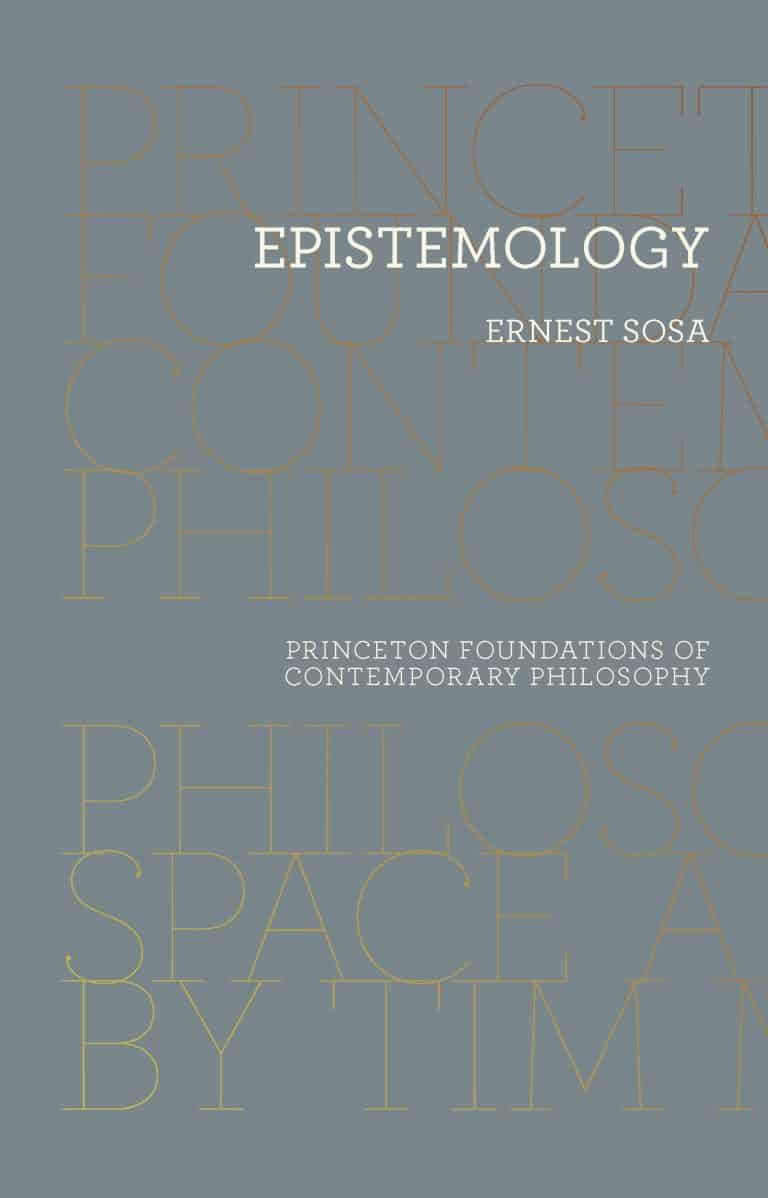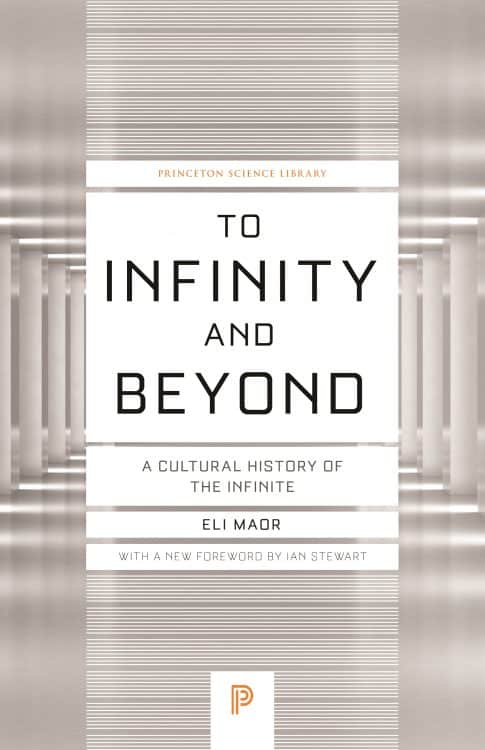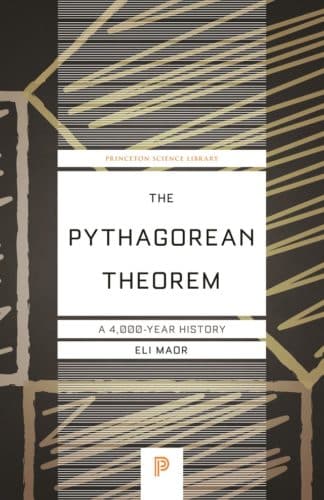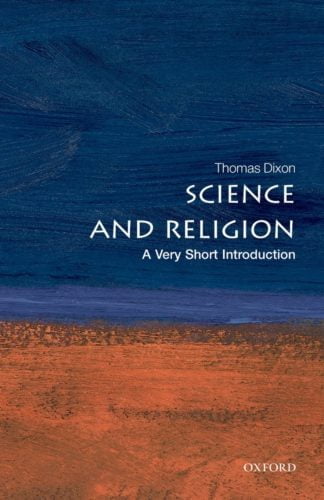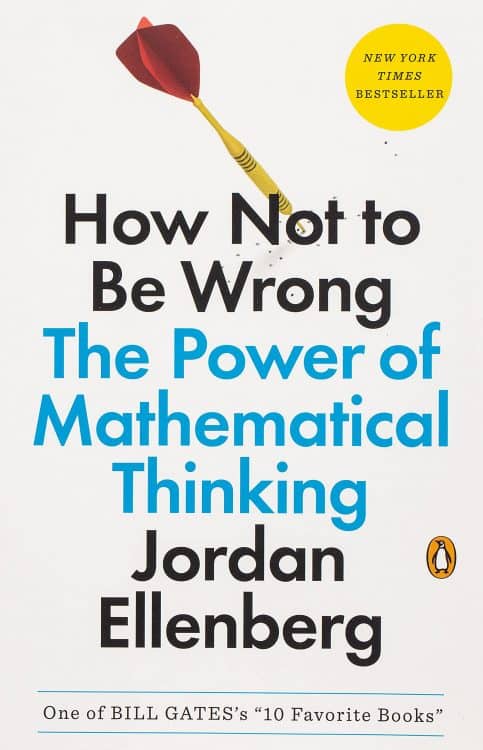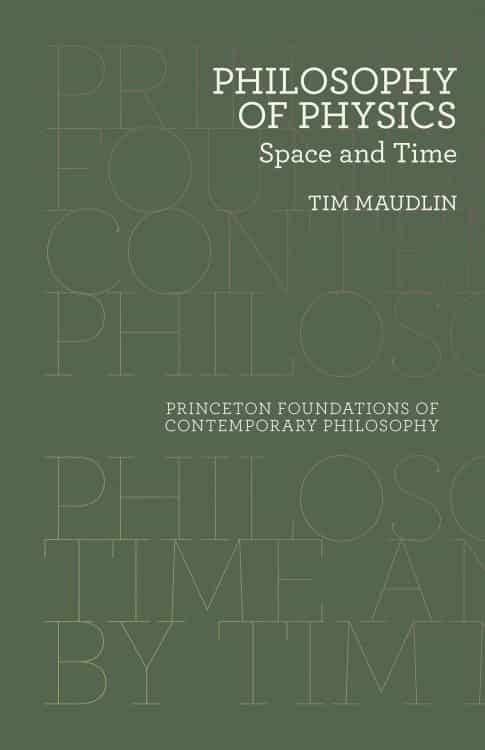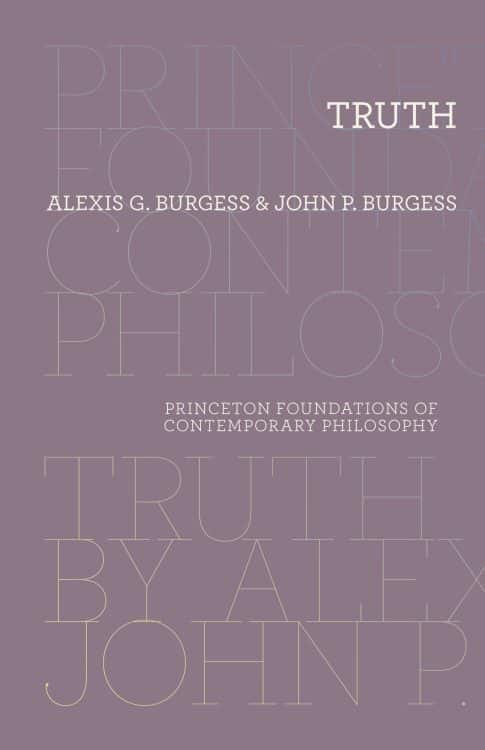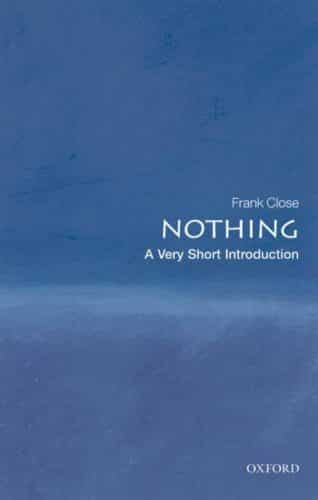An introduction to the problem of knowing in Western philosophy, written in a simple and nuanced manner by one of the world’s best epistemologists, gives a sophisticated and revisionist introduction to the problem of knowledge in Western philosophy.
In modern and contemporary accounts of epistemology, the emphasis is often on specific questions of knowledge and skepticism, such as how we can know the external world and other minds, the past through memory, the future through induction, or the depth and structure of the world through inference, among other things.
This book takes a step back to provide a more comprehensive assessment of the more broad themes the ancient Greek Pyrrhonists raised in their writings. Ernest Sosa builds an innovative explanation of the subject by returning to and illuminating this older, broader epistemological tradition, giving it a reality not through Cartesian theology but science and common sense.
In this historical tradition, Descartes is a part of it, but he goes beyond it by questioning not just if knowledge is conceivable in the first place but also how we might properly gain it. Sosa discovers a virtue-theoretic account in Cartesian epistemology, which he develops and extends outside the Cartesian framework to include other philosophical traditions. As soon as epistemology is understood in this manner, many of its issues can be solved or at least diminished in importance. In the end, there has been an important reevaluation of epistemology that will be required reading for students and instructors alike.

